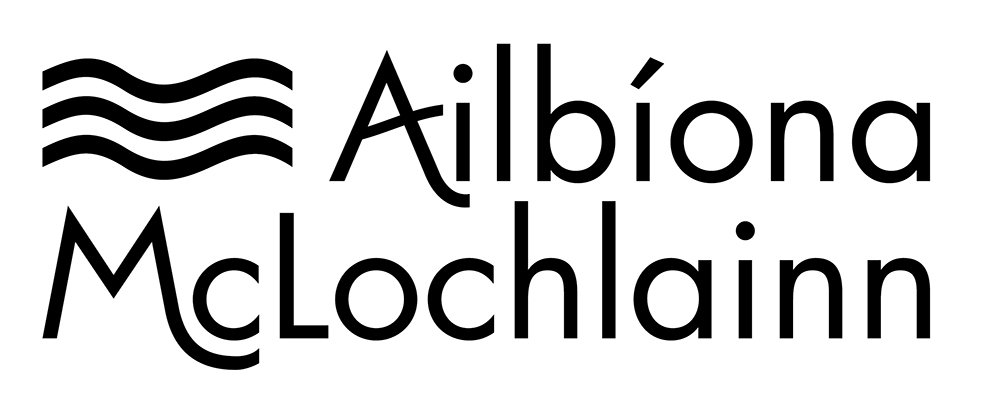Portrait of the Artist as a Middle Aged Woman… and Some Thoughts on the Taboo of ‘Flattering’
It was some time at the end of last summer I began to notice it: a change in my face that is hard to describe. A certain hollowness of the features, a bleakness in the eyes, a dullness in the skin. Even my hair, which has always been wild and curly, having to be wrangled laboriously to submission, was suddenly flat and docile. I would have attributed it to ageing, if the onset hadn't been so sudden. I had a feeling something was wrong, but felt ridiculous going to the doctor with the chief complaint being ‘I don’t like the way I look!’
It wasn’t long, however, before other things began to happen. First I started to feel unwell in a vague sort of way. Groggy in the mornings; random bouts of nausea; frequent headaches; cognitive lapses. When this escalated to fainting, chest pains, and heart palpitations, I finally went to the doctor. I listed all the symptoms, including the changes to my face. And as soon as I mentioned that last part, I knew I shouldn’t have. I think I actually saw the doctor roll her eyes. She had diagnosed me already: She was dealing with an over-anxious woman worried about losing her looks.
‘Well, none of us are getting any younger!’ she said, in a tone of forced patience. ‘What you are describing is actually fairly normal, for someone who may be heading for peri-menopause. Eat healthy, get plenty of sleep, and try not to worry!’
I attempted to explain that this wasn’t a vanity issue. I mentioned the sudden changes to my face in case it was relevant to the other symptoms. As an older mother of a toddler, I felt it would be irresponsible to ignore heart-related symptoms.
The doctor softened then, and assured me she ‘understood my concerns.’ Still, I was sent on my way without a physical check-up, blood test, or anything other than advice to eat plenty of broccoli and limit my alcohol intake.
After that, things got worse. My hair started falling out in clumps. My skin felt like sandpaper and looked puckered. And one day, my heartbeat became so irregular when I attempted to stand up from the sofa, I actually thought this could be the end.
A prompt hospital visit followed, where they finally ran some tests. The diagnosis was something I did not expect: A severe case of postpartum depletion. I was deficient in ‘everything’ as the nurse put it, which in turn had resulted in anaemia, a hormonal imbalance, and other stuff - the combination of which fully explained my symptoms.
‘How is that possible, three years after giving birth??’
But apparently, delayed onset is not uncommon. As they say, postpartum is for the rest of your life…
The treatment was as stunningly simple as it was effective: a course of high-dose iron, as well as magnesium, copper and zinc supplements, along with other stuff I was lacking.
After a week, my hair stopped falling out and my skin regained its former texture. After 4 weeks now, I can see new hair growth. I feel more refreshed in the mornings, and have stopped having heart palpitations. And in photos I am starting to look like myself again. Yes, older of course than in photos from last year. But ageing was never the issue for me; I am fully comfortable with natural ageing. It was the intuitive feeling that something looked wrong that troubled me, compounded by the realisation that mentioning my looks to a doctor had detrimental effects on how they perceived and diagnosed me.
I decided to write about this recent experience here, because I’d like others to be aware of this possibility should they experience similar symptoms. Whether it’s childbirth-related, or caused by something else entirely, nutrient depletion can have serious consequences.
But moreover, the incident has made me think - and not for the first time in recent years - what a precarious path women are expected to walk in their relationship with their looks. On the one hand, society - and yes, even it today’s supposedly enlightened age - is positively obsessed with our appearance. On the other hand, we are dismissed, criticised, or mocked, if we are perceived to care about said appearance.
I have noticed, for instance, in the culture of knitting podcasts and YouTube channels - content creators catching themselves when they accidentally utter the word ‘flattering,’ and apologising, quickly following up with something like ‘not that clothes need to be flattering!’
The source of this is understandable. We have come to equate the word ‘flattering’ with a patriarchal, Anglo-Saxon-dominated, male-gaze-driven, highly sexualised concept of beauty. Which is detrimental. And from which it is necessary to liberate ourselves not just as women but as a society.
But in doing so, it’s important - I believe - not to rob ourselves of the very basic human desire to feel pleased with our appearance as defined on our own terms. Which is technically what ‘flattering’ means.
It is only natural to want our clothes to be flattering.
It is only natural to notice changes in our appearance, and to worry if these changes are sudden.
Male or female, there is no shame in caring about our looks. The challenge is to disentangle that caring from what is expected of us and develop our own genuine set of preferences.
Easier said than done, admittedly. But we are all works-in-progress. Iron-tablets in hand, I feel ready to face that challenge as I embrace middle age.

